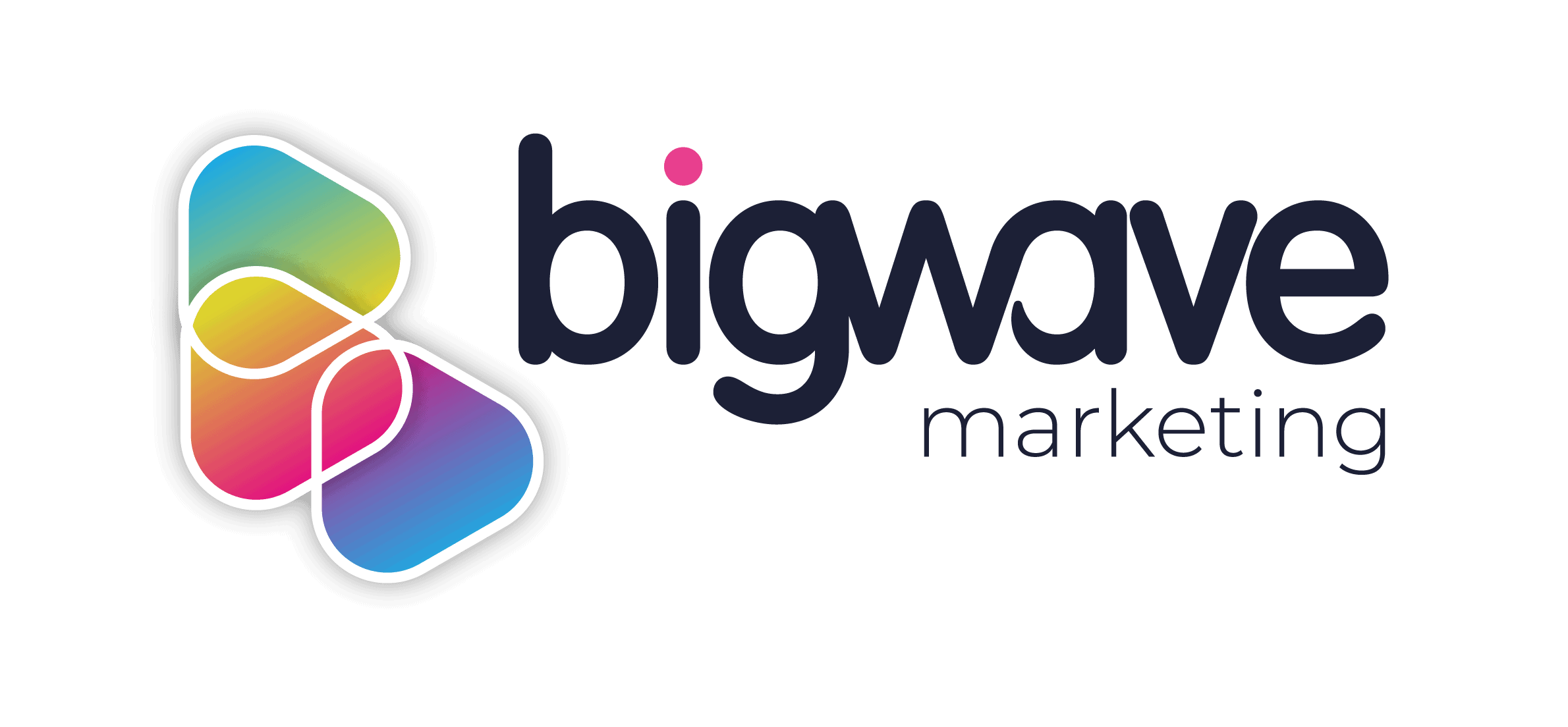I am right behind the message in the Gillette advert: It is absolutely time for the next generation of men to make a change in what is considered normal behaviour and more importantly, it’s up to the current generation to show them how. Violence and sexism have no place in a forward-thinking society and this has nothing to do with ‘what it means to be a man’ it’s about equality, fairness and compassion… regardless of gender.
However, Gillette’s #TheBestMenCanBe advert has received a huge amount of backlash and regardless of the ‘any publicity is good publicity’ philosophy, there must be someone in their marketing department experiencing higher than normal levels of perspiration. Thankfully, they also make deodorant.
In case you haven’t seen it, here’s the ad in question:
How do we feel about brands telling us what is right and what is wrong?
Let’s call a spade a spade; Gillette is best known for making shaving products. Their main marketing goal is to convince you, the consumer, that their shaving products are better than their competitors – they even go so far as to claim they are ‘the best a man can get’. But, Gillette has seriously stepped outside of their lane here and while their intentions might be good, are they somewhat misplaced? Do we really want to hear guidance on social change from a brand who ensure that our faces and… ahem, necks… are silky smooth? Perhaps not.
But, what about Nike’s campaign to stand by Colin Kaepernick?
Believe in something, even if it means sacrificing everything. #JustDoIt pic.twitter.com/SRWkMIDdaO
— Colin Kaepernick (@Kaepernick7) September 3, 2018
They’re the same, aren’t they?
Well, no not really. Nike were a sponsor of Kaepernick and chose to stand by him through a very divisive time.
Their decision to run a campaign around a figure who angered some of their consumers has also been analysed from a commercial perspective and shows that what annoyed the occasional consumer (to the extent of burning their shoes) actually increased brand loyalty from the more lucrative consumer. It’s a positive message from a brand who are genuinely at the heart of the issue.
Is this a similar commercial move from Gillette?
Could well be.
Gillette have undoubtedly ruffled a few feathers here but in the long run, they could be tactically placing themselves as a forward-thinking brand with the younger consumer base. Let’s just say (with our fingers crossed) that we are rapidly moving into an era that sees sexism become a thing of the past, are Gillette ahead of the curve in attempting to separate themselves from an out-dated mentality? Perhaps.
So what’s all the fuss about?
Let’s face it, this clearly hasn’t gone as well as Gillette might have hoped. I think the main reason here is that it feels ill-thought-out and has the slight stink of a company flogging their brand via a topical message. There’s something about the execution that makes you feel like they didn’t contemplate their place in the market thoroughly enough and then use it to impact change. Especially when you consider that their own product range isn’t exactly perfect:
If @Gillette really want to make a change perhaps they could start by looking at their pink ‘Venus’ range for women that includes names like Passion and Embrace and costs more than the men’s ranges for the same thing. Thanks.
— Caroline Hirons (@CarolineHirons) January 15, 2019
Can brands effectively speak out about social issues?
In essence, yes but it’s a very tricky path to tread. Pepsi and now seemingly Gillette have had their fingers burned but campaigns like Nike and Airbnb have proven to be extremely successful.
We’d love to know your thoughts! Tweet us at @Bigwavemedia with your thoughts on brands chiming in on social issues… yes, we’re aware that it’s what we’re doing right now.

